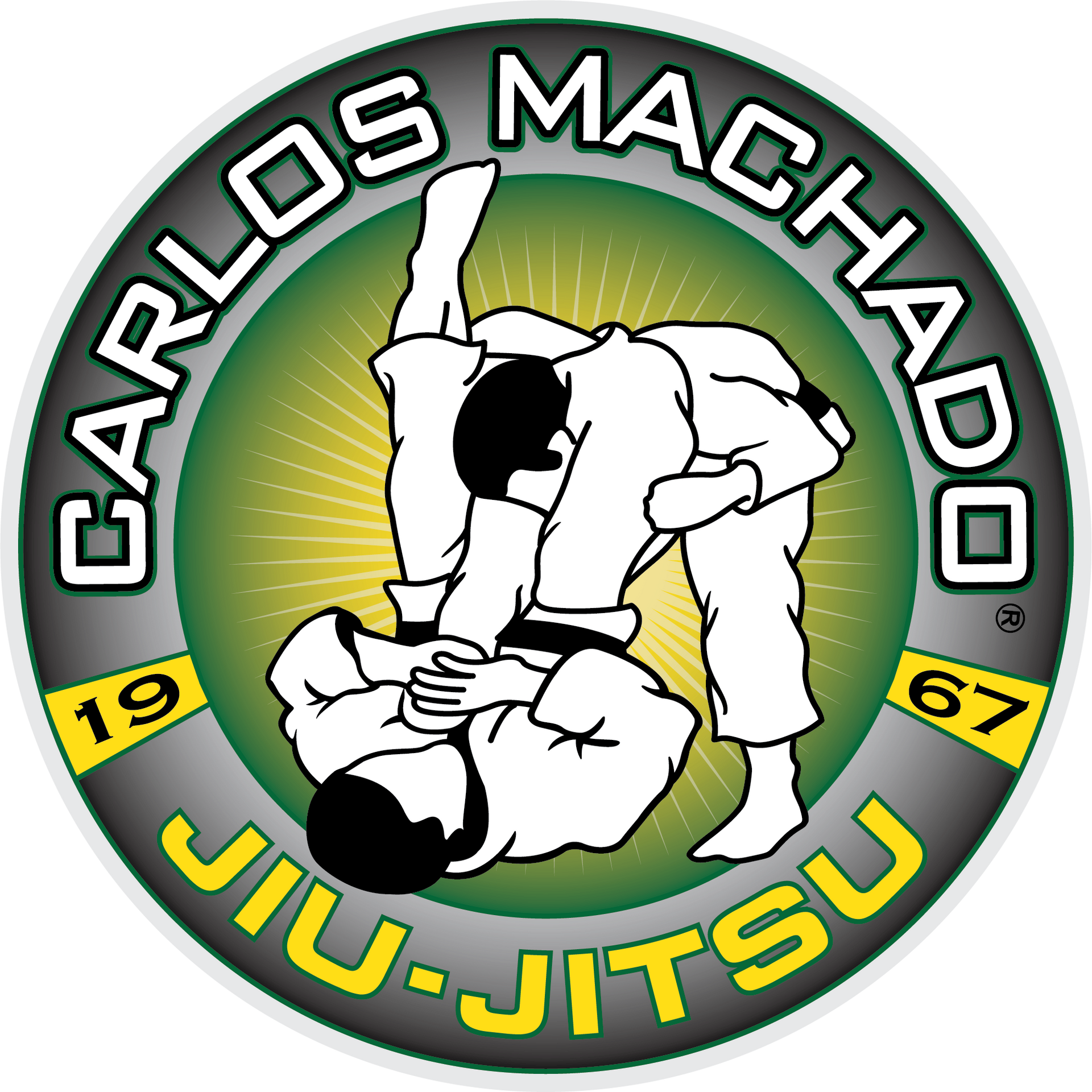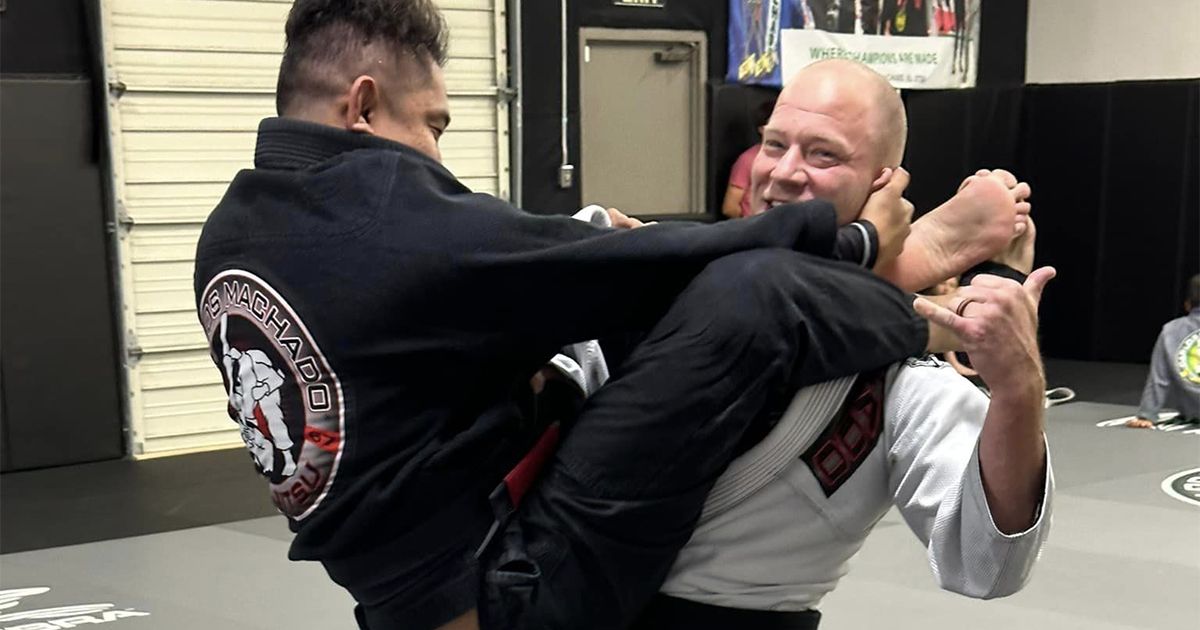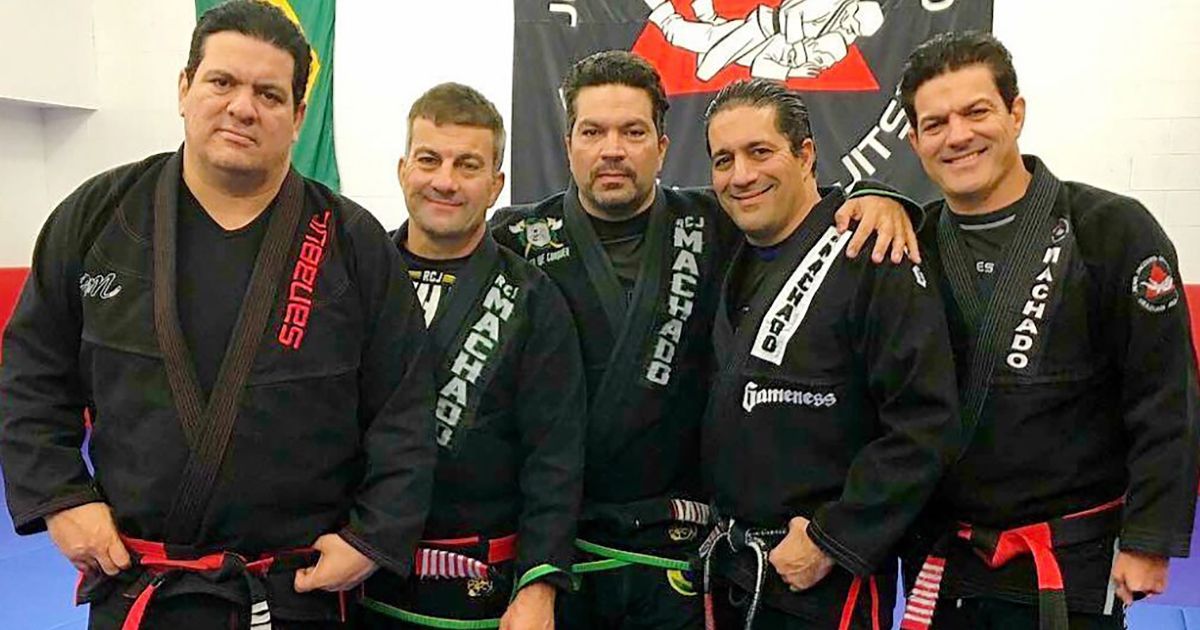The Art of Progression in Jiu-Jitsu: A Guide by Carlos Machado
The True Measure of Progress
In my decades of experience as a practitioner and teacher of Brazilian Jiu-Jitsu (BJJ), I have come to understand that progress is not determined by who dominates on any given day. The real gauge of growth lies in the level of consistency one brings to their time on the mat, whether that's while practicing a drill or rolling with a partner.
Winning or losing a spar does not define progress, although it can serve as a reference point. What truly matters is the ability to execute the moves learned during drills – initially without resistance, and later against increasingly challenging opposition.
Understanding the Concept of Threshold
The gap between learning a move and successfully executing it against a resisting opponent is what I call 'threshold'. The only way to push this threshold is through gradual advancements. The journey from a slow, steady approach to a fast, furious one is filled with valuable lessons. Between these two extremes lies the truth of the mat, which reveals itself at every session.
Success isn't about getting it right every time - that's a rarity even for the most seasoned practitioners. It's about those who continually push their threshold higher, inching closer to full completion.
When the focus is on the threshold, a student's concern isn't about tapping or sweeping someone. Instead, it's about how far they can stretch their line towards finishing a specific technique.
The Three Stages of a Jiu-Jitsu Skill
Every sequence in Jiu-Jitsu follows three stages: setup, transition, and completion. Regardless of the move, this sequence remains constant. Some practitioners may excel at starting but struggle to finish. Others might be strong finishers but lack the ability to initiate effectively. Many can start and finish but falter during the transition.
Ultimately, the goal is to connect these dots, gaining inches and preserving every bit of progress. These small steps of advancement are instrumental in pushing the threshold closer to the desired outcome.
Jiu-Jitsu: The Art of Frustration
In the grand scheme of things, I often refer to Jiu-Jitsu as the 'art of frustration'. Done right, it's about frustrating your opponent first. If you can't defeat them, make them work harder than you - cause them to sweat more, tire them out.
Once you've achieved that, focus on the transitions. Improve your ability to escape from positions where most get stuck, while simultaneously enhancing your skill to disrupt your opponent's balance.
Weight distribution is key before attempting any submission. Add pressure to everything, from smashing to squeezing. When these strategies are executed correctly, the submission becomes not the target but the consequence.
Embrace the Journey
Not every day will go as planned. Sometimes, you'll be the hammer, dominating the session. On other days, you'll be the nail, on the receiving end of a tough lesson. My advice is to savor every moment of it. Remember, a challenging day on the mat always beats a bad day at the office!
But how do you keep your motivation high when things get tough? How do you avoid getting discouraged or complacent when you face setbacks or plateaus? How do you measure your progress when you don't see immediate results?
Here are some tips that have helped me and many of my students over the years:
Set realistic and specific goals
Don't aim for vague or unrealistic outcomes, such as becoming a world champion or mastering every technique in a month. Instead, focus on achievable and measurable objectives, such as learning a new move, improving your defense, or increasing your stamina.
Track your progress
Keep a journal or a log of your training sessions, where you record what you learned, what you did well, what you need to work on, and how you felt. Review your notes regularly and celebrate your achievements, no matter how small they may seem.
Seek feedback
Ask your instructor or your training partners for constructive criticism and advice on how to improve your game. Listen to their suggestions and try to implement them in your next session. Don't take feedback personally or defensively - use it as an opportunity to learn and grow.
Enjoy the process
Don't get too attached to the outcome or compare yourself to others. Instead, focus on the journey and enjoy every step of it. Appreciate the challenges and opportunities that Jiu-Jitsu offers you to develop your skills and character. Have fun and make friends along the way.
Final Thoughts
Jiu-Jitsu is more than just a sport or a hobby - it's a lifestyle that can transform you in many ways. It can make you stronger physically, mentally, and emotionally. It can teach you valuable lessons that apply to all aspects of life. It can help you achieve your goals and dreams.
But remember, Jiu-Jitsu is not about how you start - it's about how you finish. And finishing strong requires consistency, persistence, and dedication.
So keep training hard, stay humble, respect your journey, and above all, finish strong.





